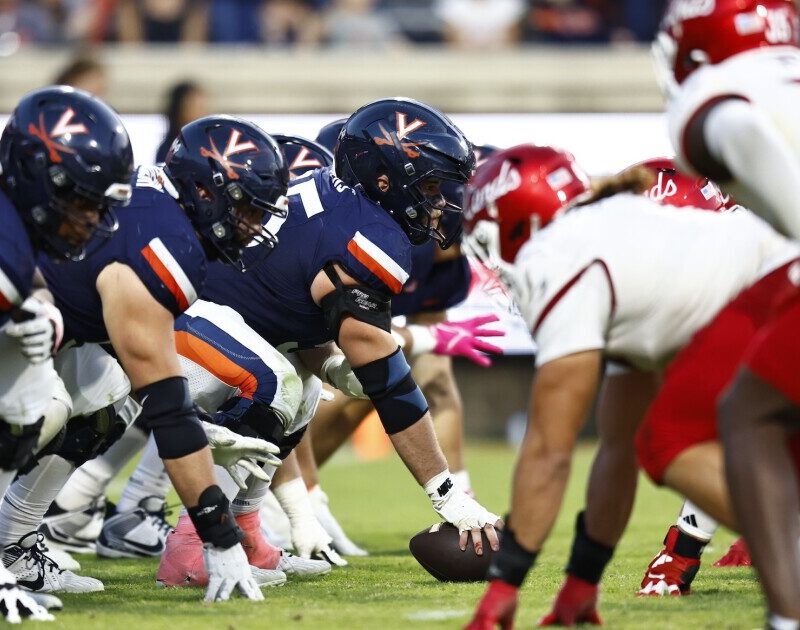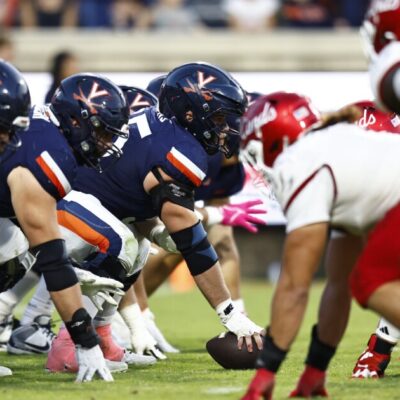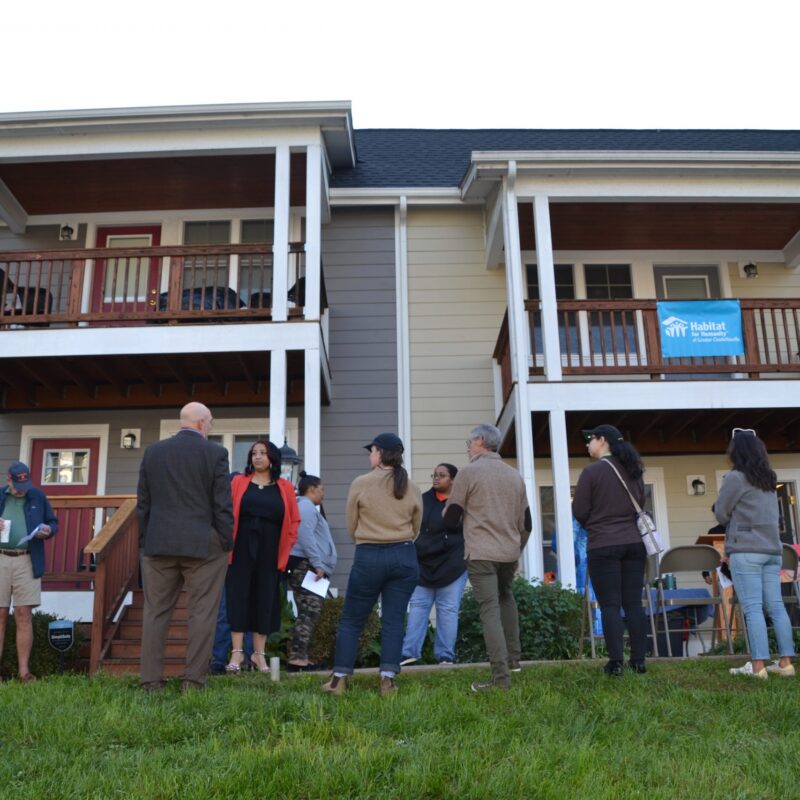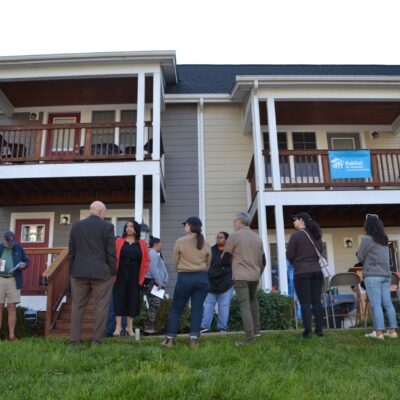We know you’re wondering: How did we find all this information about the black market? The short answer: by asking everyone we could think of who might know something.
First, we thought of the cops. And, indeed, police know a lot about illegal commerce. It’s just that they’re not always willing to share that information. For example, JADE (the Jefferson Area Drug Enforcement) Task Force ignored repeated requests for an interview and declined to provide information about street prices for drugs. On the other hand, Albemarle County police were quite helpful: They talked with us about prices for fake IDs as well as the trade that goes on between junkies (who supply stolen guns) and dealers (who supply crack and other drugs). Charlottesville police officer Joe Brown gave us the rundown on what he’d learned from doing prostitution sweeps.
It’s not only the cops who make a living by keeping an eye on the black market. For example, we wanted to know about the world of fighting dogs, so we found an official with the SPCA who’s familiar with that issue—not that we got very far. A Nelson County official and an officer of the Bureau of Alcohol, Tobacco and Firearms gave us some dope, too. (Er, information.)
But here’s the thing: We felt that to get our information only from professionals—the people with secretaries and voice mail—would be to miss a big part of the story. After all, cops and robbers both have their own reasons to stretch the truth.
So we also searched out people who were involved in the black market directly. Prison inmates told us about selling cocaine, stealing clothes, buying Percocet and running guns. Patients at a local methadone clinic told us about what drugs cost on the street. A junior at Charlottesville High School spoke candidly (and anonymously) about everything from stolen iPods to cheat sheets for tests, and a group of UVA students waxed encyclopedic about drug prices on Grounds. We approached both strangers and people who were already in our personal networks—a videogame enthusiast who knew about pirated games, women who earn money under the table for cleaning houses, restaurant workers who knew about the going rate for an hour of untaxed labor.
Our other major method for learning about the black market was to simply go shopping. An aptly named website, phonydiploma.com, was only a slightly more convenient research tool than good ol’ craigslist.com, where sellers unload scalped tickets and lonely hearts hint that they’ll pay for sex. We poked around a gun show, checked out a copyright-infringing mix tape from a corner market, and sent intern Kyle Daly to a flea market looking for stolen goods. (The only suspicious thing he reported spotting there: “criminally tasty molasses cookies.”)
Which brings us to the topic of dead ends. There were plenty, and they mostly fell into two categories—people with something to lose (i.e., a jail inmate reluctant to spill all the beans about guns) and red tape (the Immigration and Customs Enforcement officials who gave us the run-around). We wish we could have interviewed an escort-service employee and asked (without fearing for her safety or ours) whether she has ever had sex for money. It would have been so cool to crack into the local black market for human organs, if such a thing existed. We really wish someone in the office spoke enough Spanish to have a conversation with day laborers about the arrangements under which they work.
Everyone who worked on this story has a list of unanswered questions about the local black market—longer, perhaps, than the list of answers we did manage to corral. But we learned one thing for sure: There’s plenty of sketchy stuff going on right under your nose, if only you can think of where to look.






